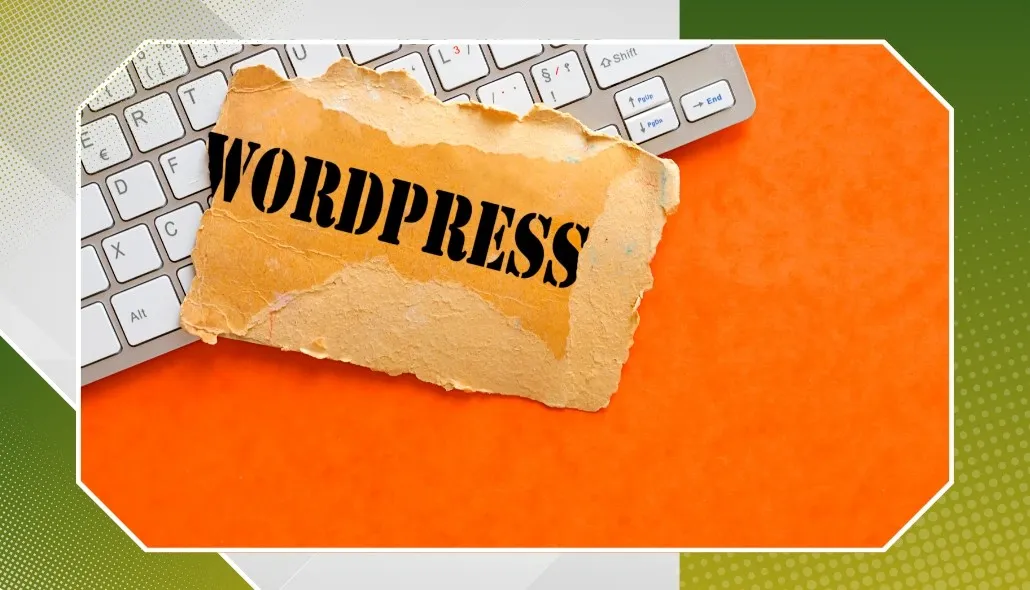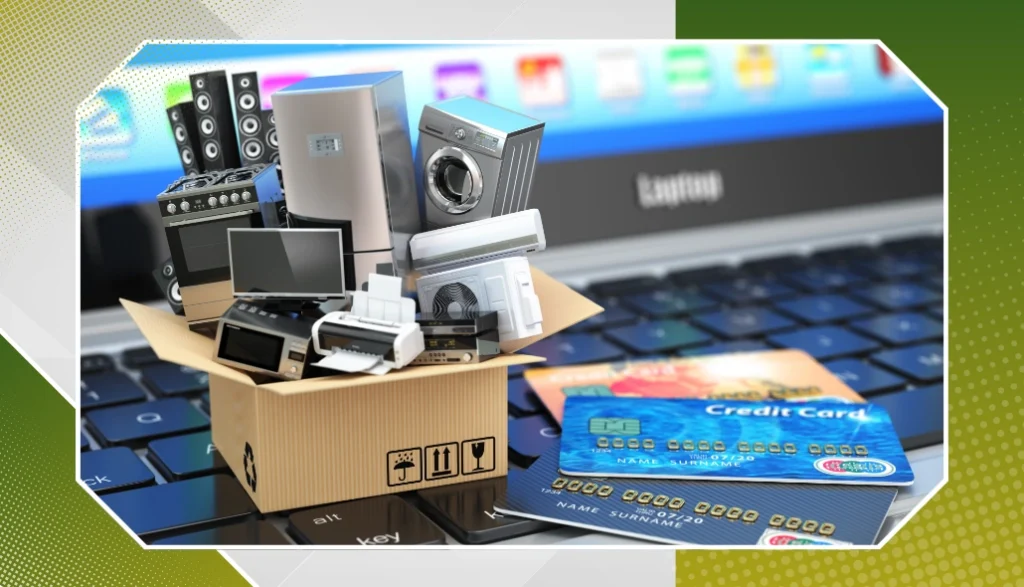But after a while, you might look at your dashboard and wonder — do I have too many? Is my site slower because of all this stuff? Could it even break because of too many plugins? Let’s dig into this in a real way — no tech jargon — just simple, honest answers you can actually use.
What Exactly Are Plugins?
Plugins are like little apps for your WordPress website. They add extra important features without you needing to touch any code. Some are small, like adding a button. Some are huge, like turning your site into an online store. Without plugins, WordPress would be pretty plain. Plugins are what make WordPress flexible and powerful. But just like adding too many apps on your phone slows it down, the same thing happens with your website.
The Good Side of Plugins
First, let’s be clear: plugins are awesome. They save time. They help non-tech people build beautiful, useful sites. Most of them are free or pretty cheap. And honestly, they’re the reason WordPress became the world’s biggest website builder. You don’t need a developer every time you want to change something. Want a blog with a store and a booking system? Plugins make it possible.
What Happens If You Have Too Many?
Here’s the real problem. Each plugin you add makes your site a little bit heavier. It adds code. That code has to load when someone visits your site. More code = slower site.
Plus, some plugins “talk” to outside servers, which can cause even more delays.
Worse, two plugins might not play nicely together. You might install one for SEO and another for speed, and suddenly they crash into each other and break your site. Oh, and don’t forget about updates. The more plugins you have, the more chances something goes wrong after an update.
So, How Many Is Too Many?
The truth? There’s no perfect number. Some small websites run 30 plugins without a hitch. Some start to struggle after 10. It depends on:
- The quality of the plugins
- The size of your website
- How good is your web hosting?
- How often do you update and maintain your site?
If you want a simple rule: Try to stay under 20 plugins if you can. But if you need more and everything still works fine and loads fast, it’s okay. Focus more on quality than quantity.
Signs You Might Have Too Many Plugins
Watch out for these warning signs:
- Your site takes forever to load
- You get weird errors when you update
- Your security plugin keeps warning you about vulnerabilities
- Your dashboard feels cluttered and slow
- Your hosting company keeps emailing you about resource usage.
If you’re seeing two or more of these, it’s probably time for a plugin cleanup.
Why Quality Matters More Than Number
It’s way better to have 15 good plugins than eight bad ones. Some plugins are “lightweight,” meaning they barely affect your speed. Others are “heavy” — they load tons of scripts and slow everything down.
Always check:
- How often is the plugin updated?
- How many active installs does it have?
- What do people say in the reviews?
- Does the plugin come from a trusted developer?
A bloated, outdated plugin is worse than having lots of small, clean ones.
Essential Plugins You Should Probably Have
Most WordPress websites, no matter the size, should have a few basics:
- SEO Plugin (like Yoast SEO)
- Security Plugin (like Wordfence)
- Backup Plugin (like UpdraftPlus)
- Caching Plugin (like WP Rocket)
- Form Plugin (like WPForms)
These cover the important stuff: visibility, safety, speed, and user interaction.
Everything else? Add only if you really need it.
How to Choose the Right Plugins
Before you install anything, ask yourself:
- Do I really need this?
- Does it overlap with something I already have?
- Is there a way to do this without a plugin?
- Is this plugin popular and updated often?
Also, fewer plugins mean fewer updates and fewer chances for hackers to find a way in.
Choose smart, and you’ll save yourself a lot of stress later.
How to Clean Up Your Plugins
Already have plugin overload? Here’s what to do:
- Make a full backup. Always back up before touching anything.
- Deactivate plugins you don’t need. See if the site still works fine.
- Delete unused plugins. Deactivated plugins still take up space!
- Replace heavy plugins. Find lighter, faster alternatives if needed.
- Use all-in-one plugins. Some plugins do several things well (like Rank Math for SEO, sitemap, and redirects).
Cleaning up can make your site faster immediately — you’ll probably feel the difference right away.
Hosting Matters Too
Good hosting gives you more breathing room. If you’re on cheap shared hosting, even a small number of plugins can cause problems. If you’re on managed WordPress hosting (like Kinsta, Flywheel, or WP Engine), you can handle more plugins without issues. Basically, the stronger the engine, the more apps your car (your website) can run.
Don’t Forget About Security
Old, abandoned plugins are a hacker’s dream. If you’re running plugins that haven’t been updated in years, your site is at risk. Hackers love finding backdoors through outdated plugins. If you’re not actively using something, get rid of it. Security should always come first — it’s better to lose a little feature than lose your whole website to a hack.
Final Thoughts
Plugins are amazing — they’re one of the best parts about WordPress. But they need to be used carefully. It’s not about counting how many you have. It’s about understanding what they do, making sure they are of good quality, and not overloading your site with things you don’t really need. A little maintenance and smart decisions now can save you from big headaches later.
Conclusion
In the end, plugins are your friends — if you manage them right. Focus on using only what your site truly needs. Regularly audit your plugins. Keep everything updated. Choose trusted, lightweight plugins whenever possible. If you stay smart and careful, your WordPress website will stay fast, protected, and easy to manage. No stress. No chaos.
And if you’re not sure where to start or need help cleaning up your WordPress site, Contact Us at Rankingeek Marketing Agency. We love helping Canadian businesses build stronger, faster, and safer websites that truly perform.





